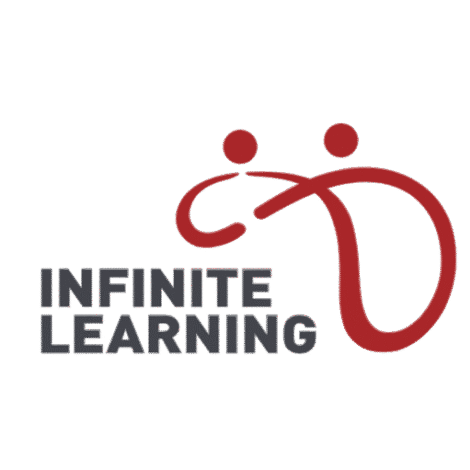
Sharron Fogarty is a seasoned education professional with over 25 years of experience in early childhood education and school improvement across the UK, UAE, China, and the Cayman Islands. Her roles have included principal, EYFS advisor, Ofsted lead inspector as well as an inspector for KHDA and the MOE.
As a teacher trainer, Sharron played a key role in implementing the EYFS across Essex in 2008, training hundreds of educators on effective early years practice. She has since delivered targeted professional development for Ministry of Education teachers in the UAE and for international educators in China seeking to improve EYFS delivery. Sharron is also an approved assessor and trainer for BTEC and CACHE qualifications at Levels 3 and 5.
Sharron has contributed to national education policy and quality assurance frameworks in multiple countries, including work with the Office of Education Standards in the Cayman Islands and the Ministries of Education in Dubai and Abu Dhabi. She is also a published author with Buckinghamshire University, contributing curriculum content for teacher education programmes.
Her expertise in inspection, curriculum design, and capacity building continues to shape educational standards and drive improvement across diverse settings.
This engaging and research-informed training programme supports early years practitioners, caregivers, and educators to deepen their understanding of emotional intelligence (EI) in the context of early childhood development. Grounded in developmental psychology and neuroscience, the course explores how responsive adult-child interactions foster self-regulation, empathy, and wellbeing from birth through the early years.
Through a blend of theory, practical strategies, video analysis, and group discussion, participants will learn how to create emotionally supportive environments and strengthen their role in promoting emotional resilience and positive transitions to nursery or school. The course is suitable for professionals working across any early years curriculum and has been designed to reflect international best practice.
| DAY 1 |
| 8:45 |
Registration and refreshments
- Name badges / table groups
- Icebreaker: “One word to describe how a child should feel in their first week at nursery or school”
|
| 9:00 |
Introduction to Emotional Intelligence (Goleman’s 5-part model: self-awareness, self-regulation, motivation, empathy, social skills)
Emotional development from birth to three: key milestones and brain development
The adult role: responsive caregiving, co-regulation, and emotional coaching
Group activity: Scenario-based discussion – identifying emotional intelligence in toddlers and young children and strategies to support it
Video reflection: Serve and Return Interactions (Harvard Center on the Developing Child)
https://developingchild.harvard.edu/resources/videos/serve-return-interaction-shapes-brain-circuitry |
| 10:30 |
Coffee break |
| 11:00 |
Creating Emotionally Supportive Environments
Facilitator input with visuals + practical strategies
- How environments impact emotional safety
- Attachment theory in practice (brief recap of secure base theory – Bowlby/Ainsworth)
- Role of the key person and continuity of care
- Creating calm, predictable, nurturing routines
- Using visual timetables, soft lighting, emotion coaching tools
Hands-on Task: Environment audit checklist – “What does your space say to a child emotionally?”
|
| 13:00 |
Lunch break |
| 14:00 |
Supporting Transitions to Nursery or School
Facilitator input + scenario-based discussion
- What makes transitions difficult for children and families?
- Emotional milestones to consider (separation anxiety, stranger fear, loss of control)
- Supporting parents during transitions – empathy, communication, partnership
- Home visits / staggered start
- Comfort objects & transitional routines
Case Study Activities: Example, In small groups, discuss how you would support “Omar,” a 2.5-year-old starting nursery for the first time after being home with a nanny.
|
| 15:30 |
Key takeaways
Reflection: “One change I’ll make next week to improve emotional wellbeing”
Evaluation forms / feedback
Optional: Distribute a handout with key resources (e.g., list of children’s books on emotions, emotion coaching steps, parent handout for transitions)
End |


